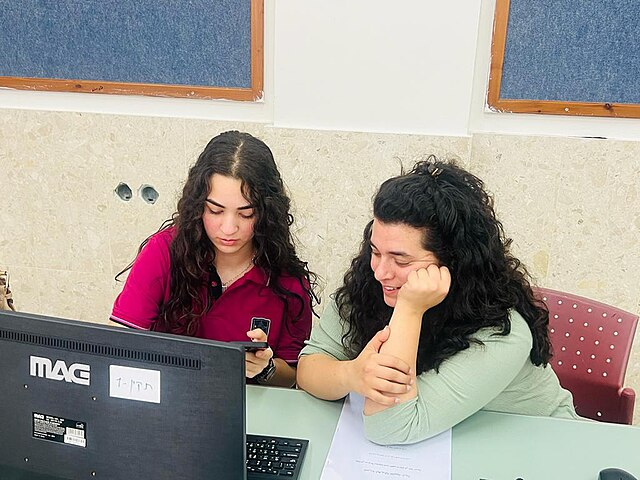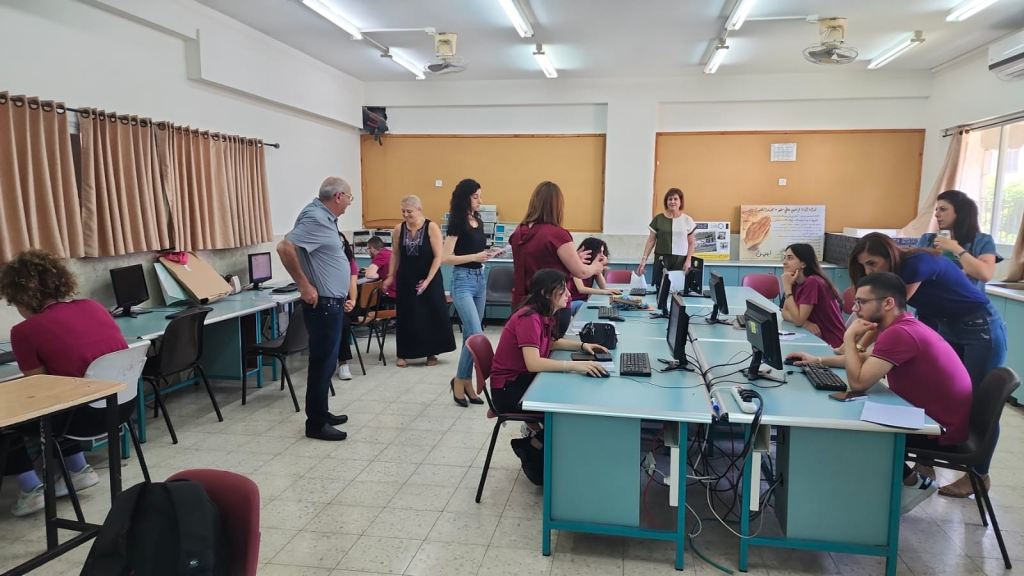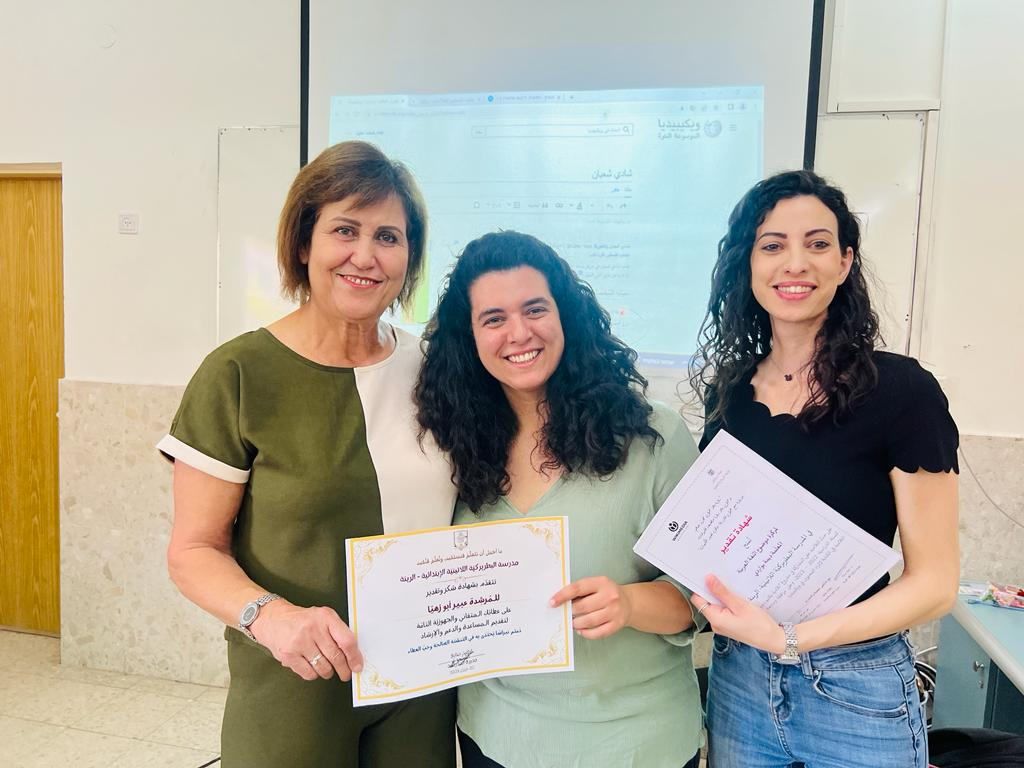
In a groundbreaking initiative by Wikimedia Israel, students are actively contributing to the Arabic Wikipedia, aiming to address the vast information void that exists for Arabic speakers globally. Here’s a closer look at this innovative program.
Arabic Wikipedia: Filling the Void
With approximately 1.2 million articles and a monthly viewership of 250-300 million, the Arabic Wikipedia is a significant online resource. However, the gap in representation is evident, especially considering that Arabic is spoken by 420 million people globally. Where are those missing millions? The reasons for this disparity range from social and governmental obstacles to limited technology access and a lack of awareness.
In Israel, Arab citizens make up 20.9% of the population, but their representation on Wikipedia is not proportionate. Socio-economic factors play a crucial role, with 65% of Arabic speakers having a low socio-economic background compared to 15% of Hebrew speakers.
The program: Students write in the Arabic Wikipedia

Wikimedia Israel’s program’s primary goal is to generate high-quality and diverse content on the Arabic Wikipedia. Secondary objectives for students include narrowing educational gaps, enhancing technological skills, and fostering personal and social empowerment. Teachers, in turn, benefit from diverse teaching methods, gaining tools and support to bolster their confidence.
The program dates back to 2016 but in the last two years a new work model has been implemented, adding a fresh layer of effectiveness to the ongoing initiative. Operating in full partnership with the Arabic-speaking education system and involves 30 hours of intensive training for 30 teachers, accompanied by an additional 30 hours of individual guidance for each teacher. The training spans three levels: 1) introduction to Wikipedia usage and writing, 2) guiding students in projects, and 3) teachers actively creating articles. Teachers always stay one step ahead, collectively discussing anticipated challenges.
Results: A Resounding Success

Notably, in the year 2022, we contributed to the creation of 154 Wikipedia entries, collaborating with 13 classes across 11 schools, involving a total of 252 students. Building on this momentum, in 2023, the engagement expanded further. We successfully added 264 Wikipedia entries, broadening our reach to 21 classes and a total of 395 students. The topics covered in these entries span a diverse range, including gender, history, science, and the Arab society in Israel. Impressively, 98% of these articles were accepted on Wikipedia. Satisfaction rates among both teachers and students reached an overwhelming 95%, leading the Ministry of Education to triple the program for the 2024 school year. Encouragingly, 30% of teachers plan to continue integrating Wikipedia into their teaching in the coming years.
The success of the program hinges on an organizational framework that emphasizes encouragement, support, accessibility, and information for teaching staff. Concentrated training for teachers, combined with practical student engagement, also proves to be a winning formula. Lastly, the active involvement and commitment of senior officials in the Arabic-speaking education system are critical components of this transformative initiative.
By fostering collaboration, embracing differences, and bridging gaps, we pave the way for a Wikipedia that truly reflects the richness of our collective human experience.

Can you help us translate this article?
In order for this article to reach as many people as possible we would like your help. Can you translate this article to get the message out?
Start translation